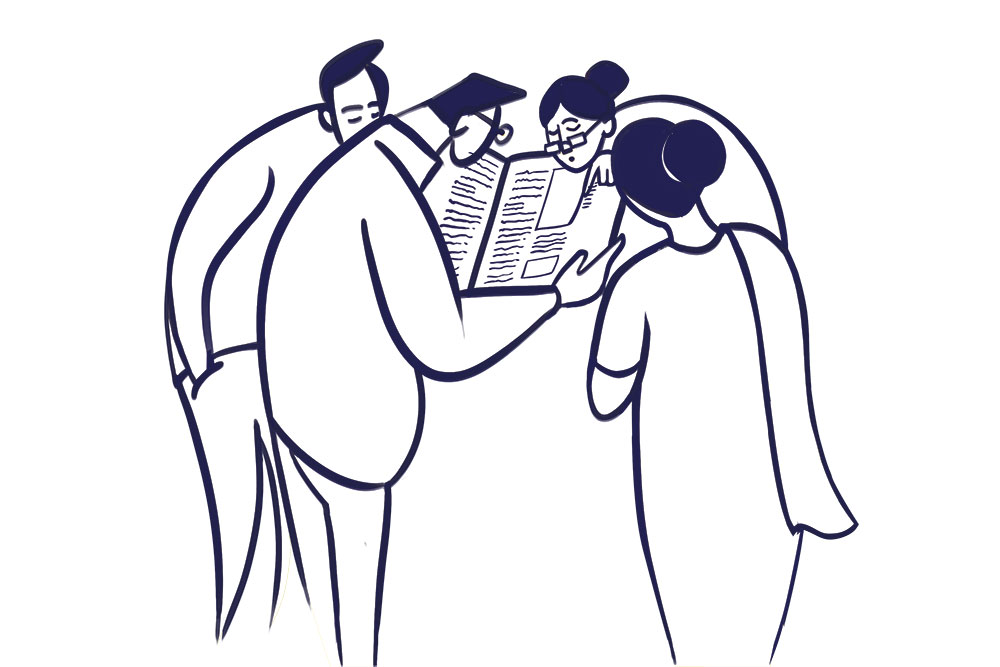While the Union Budget had nothing for the common man in terms of reduction in income tax slabs or expansion of deduction limits, it tightened the noose around defaulters.
“Overall, the Budget didn’t have much for the salaried taxpayers, who have been hoping for tax relief post- Covid. The changes in the Budget are directed towards improving compliance and removing tax evasion via measures related to TDS (tax deducted at source),” says Archit Gupta, founder and CEO, Cleartax.in, a tax portal.
TDS is a specified amount that is reduced when a certain payment like salary, rent, interest, commission or professional fee, is made. The person who makes the payment deducts tax at the source. This lowers tax evasion as some tax is already collected at the time of payment.
Higher TDS On Late Tax Return
Last year’s Budget doubled the TDS rate for those who had not filed their income tax returns (ITR) in the previous two years. The current Budget has gone a step ahead: now those who haven’t filed their ITR in the past one year will need to pay higher TDS.
However, such penalty cannot exceed the tax amount deductible. Also, the new provision will be implemented in FY2023-24, when the ITR filing for FY2022-23 will start.
“To bring more people and entities under the tax net, the Finance Bill 2021 has proposed the insertion of two new Sections under the Income-tax Act, 1961. Sections 206AB and 206CCA are effective from July 1, 2021 and provide for higher deduction of TDS for persons who didn’t file ITR in the last two years. Budget 2022 has tightened the scope of the Sections further,” says Suneel Dasari, founder, CEO, EZTax.in, an online tax filing portal.
The tax department had released a new functionality in 2021, ‘Compliance Check for Section 206AB’. “This was done to facilitate tax deductors in verifying whether a person is a ‘Specified Person’ as per Section 206AB,” says Ruchika Bhagat, chartered accountant and managing director of Neeraj Bhagat & Co, a chartered accountant firm. ‘Specified person’ is essentially a person who has not filed an ITR for the past two fiscal years.
TDS shall be deducted at the time of credit of sum or at the time of payment thereof, whichever is earlier. The TDS rate will be highest of the following: at twice the rate specified in the relevant provision of the Act; or twice the rate or rates in force; or 5 per cent.
No Change In Present Tax Incentives
The Budget drew a blank on personal taxation, which many were expecting due to the impact of Covid on the savings and earnings of individuals.
“The government should have reduced personal income tax to put more money in the hands of the taxpayer. This would have led to higher spending, thus pushing consumption in the economy. That would have given an immediate push to the economy for long-term effect,” says Sanjiv Bajaj, joint chairman and managing director, Bajaj Capital.
If you were expecting more money in your hands, that’s not going to happen. Tighten your household budgets if you haven’t done so already to gear up for the new financial year.
meghna@outlookindia.com







